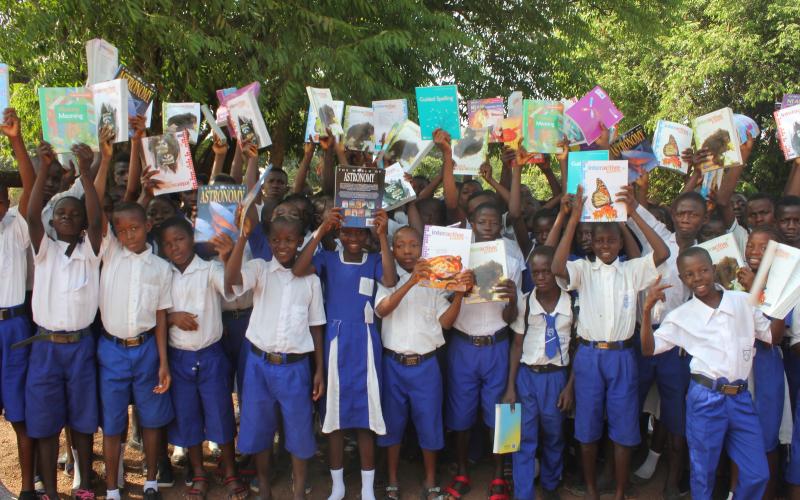
Africa has made great strides in getting children into schools–this according to UNESCO’s 2015 Education for All (EFA) Global Monitoring Report. [i]
The changes, which were measured from 1999-2012, were most notable in ten regions: Burkina Faso, Burundi, Ghana, Guinea, Lesotho, Mali, Mozambique, Niger, Senegal and Zambia.[ii]
The question now becomes why these ten countries found greater success than their fellow states. Somewhat frustratingly, this answer seems more elusive than might have been expected.
It could be argued that richer states do a better job of getting their children into school, but of the ten success stories listed above, only Ghana stands out for having a robust economy. Furthermore, African powerhouse Nigeria was singled out for its stunning failure to get its children into the classroom.
Writing for Quartz, Tosin Sulaiman notes that “8.7 million children [in Nigeria] are not attending school, up from 7.1 million in 1999.”[iii]
“UNESCO,” Sulaiman continues, “said corruption, lack of investment and conflict in the country’s northeast, where a Boko Haram insurgency has killed thousands, have resulted in Nigeria having one of the worst education systems in the world.”
Using the above example, one might logically conclude that levels of corruption or security can predict success in improving school attendance numbers. However, no one could argue that the ten best performers were themselves free from violent conflict. Furthermore, Burundi and Guinea–two of the four most successful states at returning children to school according to UNESCO–are not exactly known for their transparency, with both ranking among the 30 worst countries on Transparency International’s Corruption Index.[iv]
Still, lest the numbers be allowed to dispirit us, one must rejoice at the sheer number of African children who are now in school, many for the first time. While questions of ‘How’ are intriguing and valuable, the bottom line is that Africa is on the right track with regards to getting its children to school.
And this had better be a continuing trend. Yet another number than demands watching is Africa’s explosive birthrate. UNESCO notes a 65% increase in the number of children in sub-Saharan Africa aged 5 to 14 from 1990 to 2010.[v]
Whatever the reasons for Africa’s recent successes, developing a lasting infrastructure that leaves no child without access to a classroom will be all the more vital with the increasing number of school aged children.
Overall, these are exciting times for Africa. But, as discussed, there is still more to be done. If your interests have led you to this blog, you might next wonder how you can play a part in Africa’s efforts to send its children to school. There are at least two ways that anyone, anywhere can contribute.
First, one can SUPPORT organizations like Develop Africa that, in turn, support African school children. The second method is to SHARE this story with others. Share this blog or just share the story. Tell your friends. It costs nothing. It feels great. And it can truly make a difference.
References:
Image of Schoolchildren in Burundi taken from: http://upload.wikimedia.org/wikipedia/commons/6/61/Carolus_Magnus_Schule-Burundi.jpg
[i] Tosin Sulaiman, “More children are going to school in African countries, but there are still 30 million who are not,” Quartz, April 9, 2015, accessed April 14, 2015, http://qz.com/379709/more-children-are-going-to-school-in-african-countries-but-there-are-still-30-million-who-never-will/.
[ii] Ibid.
[iii] Ibid.
[iv] “Corruption by Country/Territory,” Transparency Today, accessed April 14, 2015, http://www.transparency.org/country.

